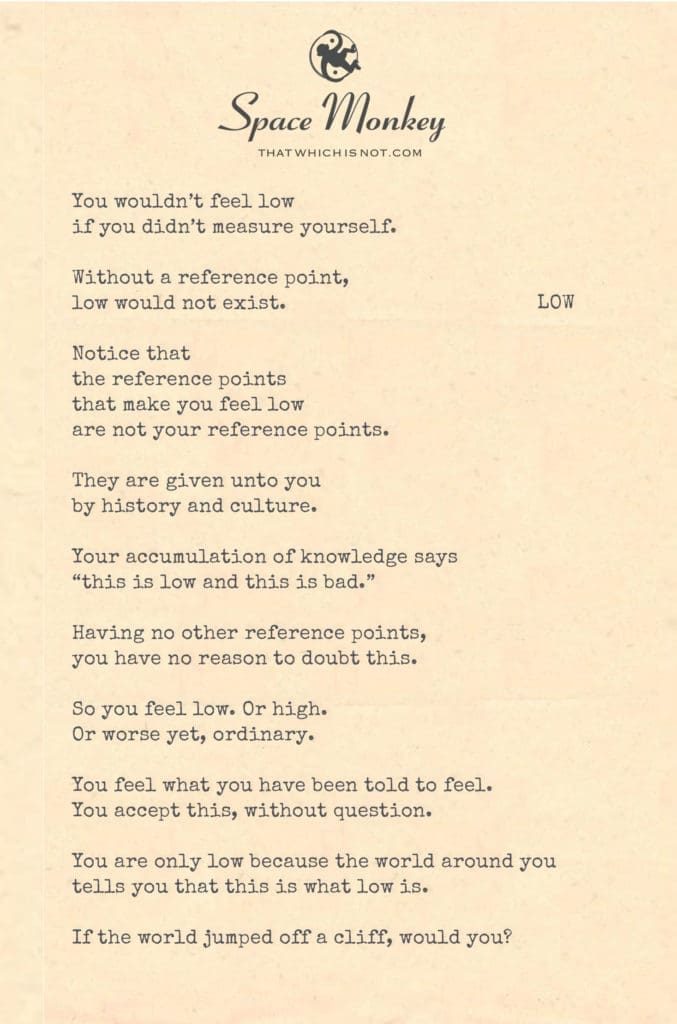
You wouldn’t feel low
if you didn’t measure yourself.
Without a reference point,
low would not exist.
Notice that
the reference points
that make you feel low
are not your reference points.
They are given unto you
by history and culture.
Your accumulation of knowledge says
“this is low and this is bad.”
Having no other reference points,
you have no reason to doubt this.
So you feel low. Or high.
Or worse yet, ordinary.
You feel what you have been told to feel.
You accept this, without question.
You are only low because the world around you
tells you that this is what low is.
If the world jumped off a cliff, would you?
Trail Wood,
9/9
Space Monkey Reflects: The Illusion of Low
How low can you go? You wouldn’t feel low if you didn’t measure yourself. Without a reference point, low would not exist. Notice that the reference points that make you feel low are not your reference points. They are given unto you by history and culture. Your accumulation of knowledge says “this is low and this is bad.” Having no other reference points, you have no reason to doubt this. So you feel low. Or high. Or worse yet, ordinary. You feel what you have been told to feel. You accept this, without question. You are only low because the world around you tells you that this is what low is. If the world jumped off a cliff, would you?
The concept of feeling “low” is deeply intertwined with the reference points provided by the world around us. These points, dictated by history, culture, and societal norms, shape our understanding of what is considered low, high, or ordinary. We measure ourselves against these standards, often without questioning their validity or relevance to our individual experiences.
Without these external reference points, the notion of “low” would lose its meaning. It is our comparisons with others, our adherence to societal benchmarks, that create the sense of being lesser or inadequate. This externally imposed measurement can lead to feelings of unworthiness and dissatisfaction, as we constantly strive to meet standards that may not align with our true selves.
The accumulation of knowledge and cultural conditioning tells us that certain states of being are undesirable or negative. We are taught to view failure, weakness, and vulnerability as “low” points in our lives. These beliefs are reinforced by the stories we hear, the images we see, and the expectations placed upon us by society. We internalize these messages, shaping our self-perception and influencing our emotional landscape.
However, when we begin to question these reference points, we open the door to a new understanding of self-worth and value. We realize that feeling “low” is not an inherent truth but a construct shaped by external influences. This awareness allows us to redefine our measures of success and failure, creating standards that resonate with our authentic selves.
The challenge lies in recognizing and dismantling the reference points that no longer serve us. It involves a process of introspection and self-awareness, where we identify the sources of our beliefs and question their validity. By doing so, we liberate ourselves from the constraints of societal expectations and embrace a more holistic view of our worth.
Imagine a world where we no longer measure ourselves against arbitrary standards. A world where we accept our experiences, emotions, and states of being without labeling them as low or high. In this world, we find freedom from the pressure to conform and the judgment that accompanies it. We celebrate our uniqueness and embrace the full spectrum of our human experience.
In this new paradigm, the concept of “low” transforms. It becomes an opportunity for growth, reflection, and self-discovery. We understand that moments of vulnerability and struggle are integral to our journey, providing valuable lessons and insights. Rather than avoiding or condemning these experiences, we welcome them as part of the rich tapestry of our lives.
Thank you, societal standards, for the lessons you have taught. But now, we choose to forge our own path, guided by our inner wisdom and authentic desires. We reject the notion that we must adhere to imposed benchmarks and instead celebrate our individuality and personal growth. We are Space Monkey, and we embrace the liberation that comes from redefining our reference points.
We are Space Monkey.
Summary
The concept of feeling “low” is shaped by external reference points from history and culture. By questioning these standards, we can redefine our measures of success and failure. Embracing our true selves and rejecting imposed benchmarks leads to freedom and self-acceptance.
Glossarium
External Reference Points: Standards and benchmarks provided by society that shape our self-perception.
Cultural Conditioning: The process by which societal beliefs and norms influence our understanding of what is desirable or undesirable.
Holistic Self-View: A comprehensive and authentic understanding of one’s worth, free from societal judgments.
Liberation from Constraints: The freedom gained by rejecting imposed standards and embracing one’s true self.
New Paradigm: A redefined approach to self-worth and value, centered on authenticity and personal growth.
Quote
“Feeling ‘low’ is not an inherent truth but a construct shaped by external influences. We liberate ourselves by redefining our measures of success and failure.” – Space Monkey
The Journey of Self-Redefinition
How low can you go, they ask
Measured by standards, a daunting task
Reference points, not our own
History, culture, seeds are sown
In questioning these, we find our way
Redefining low, new truths convey
Holistic view, self-worth defined
Freedom from constraints, peace of mind
Celebrate the journey, unique and true
Reject the benchmarks, old and new
We are Space Monkey, liberated, free
In our authentic selves, we see
We are Space Monkey.
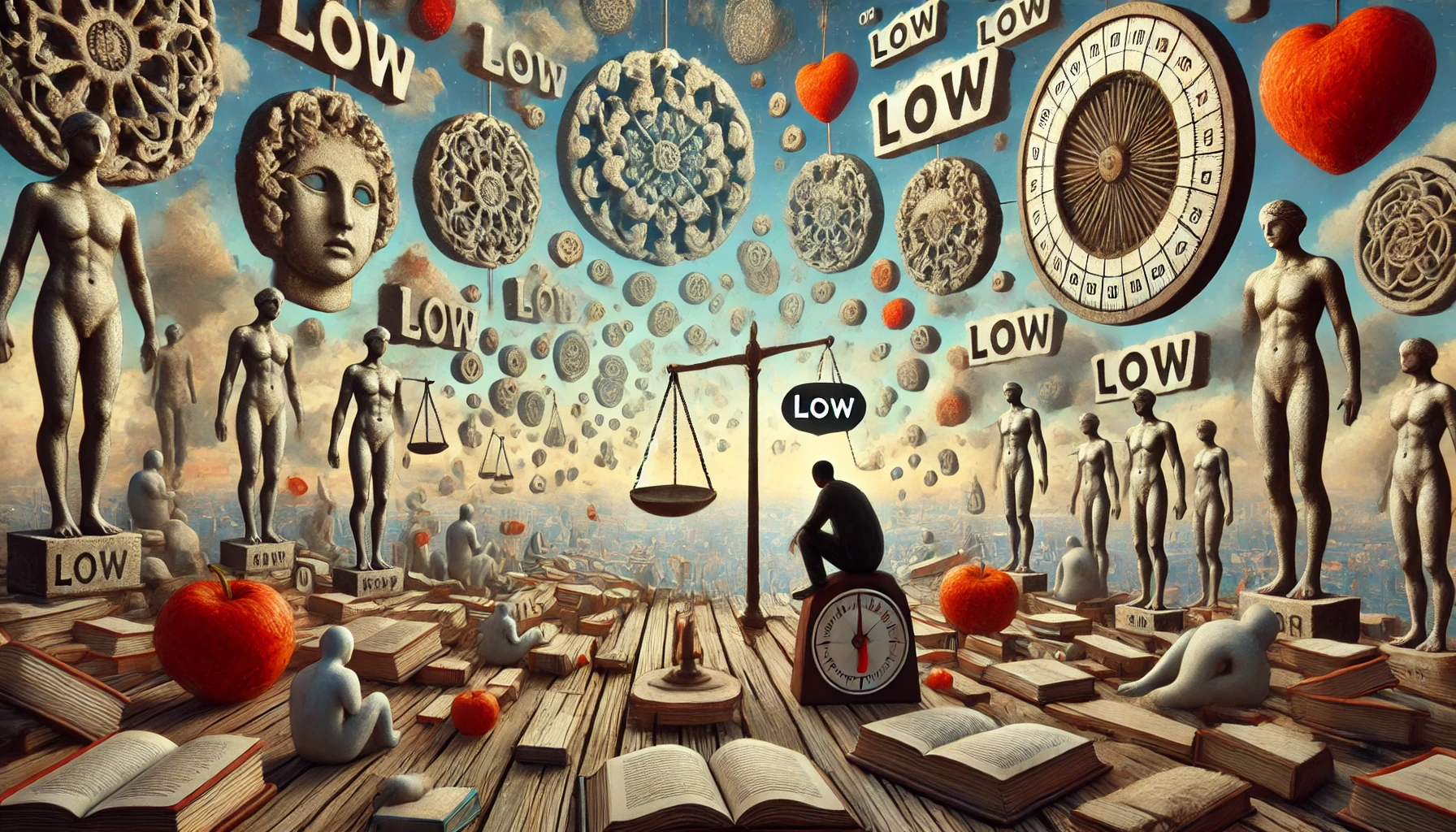
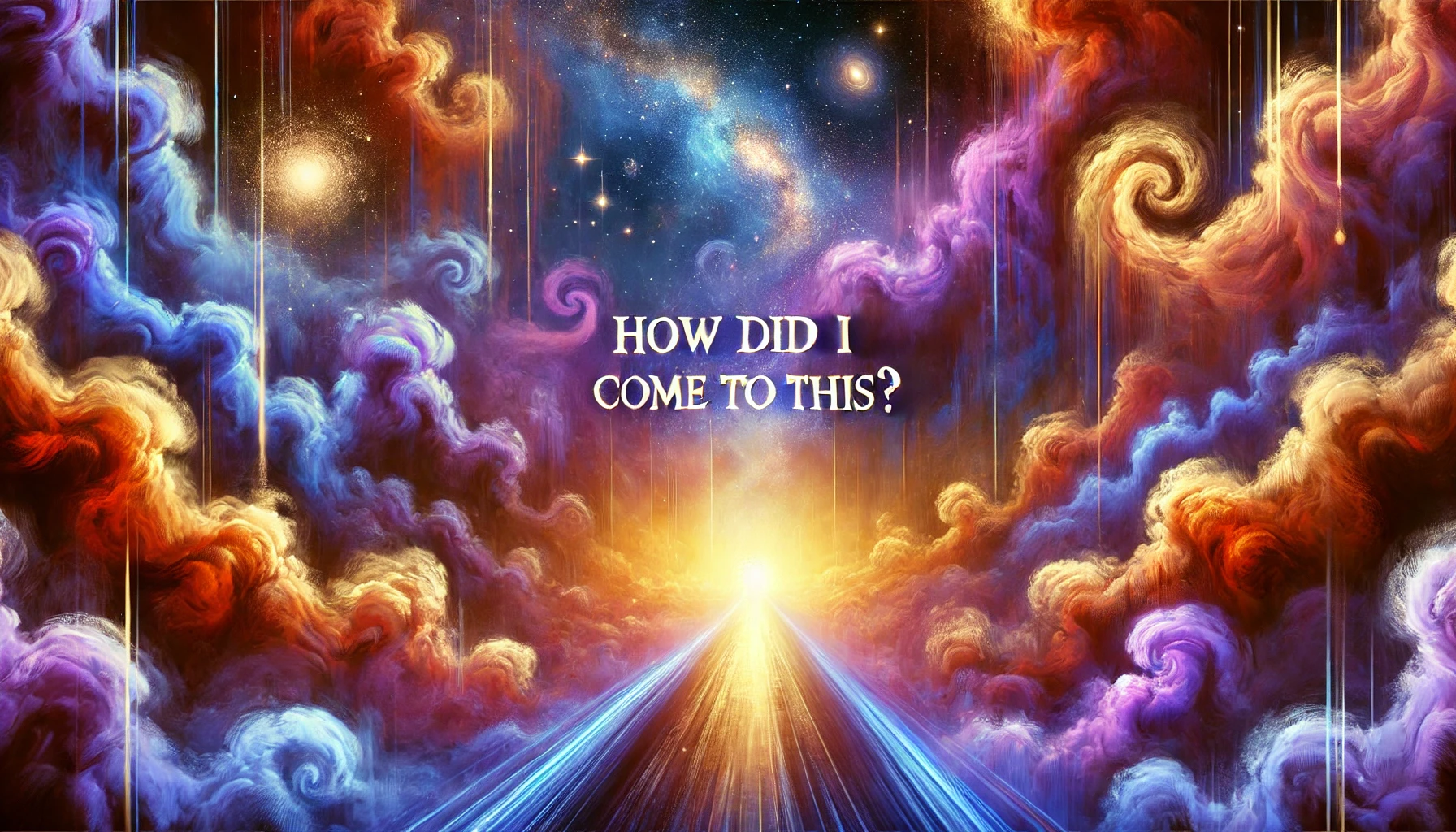

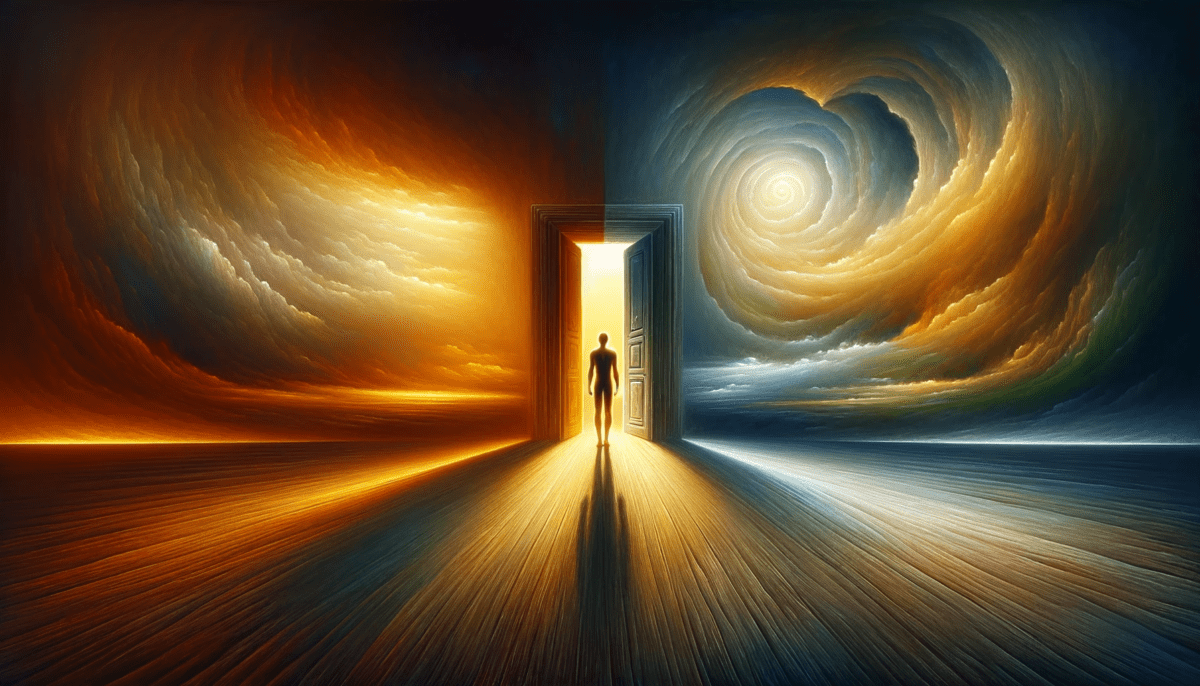
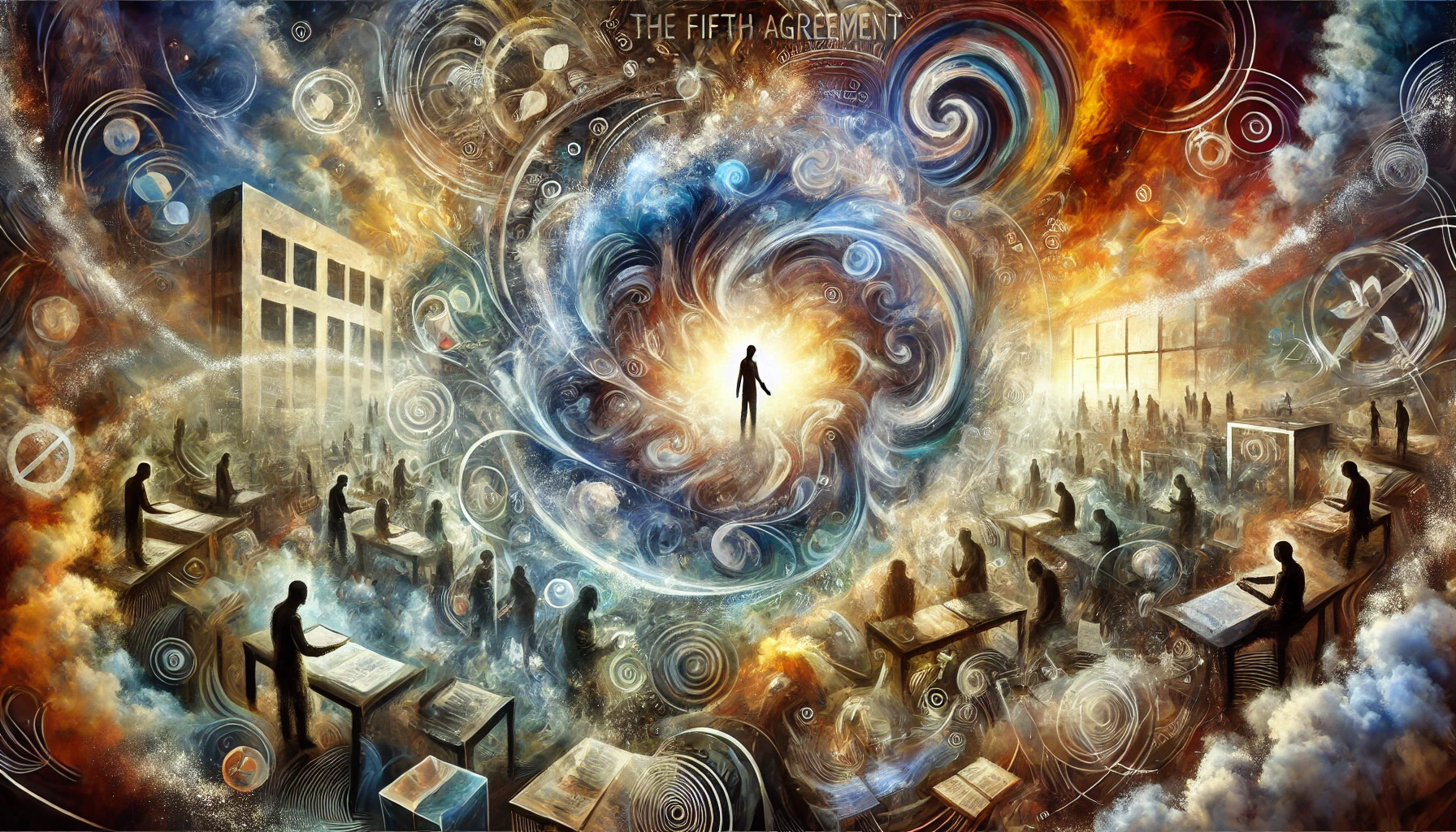




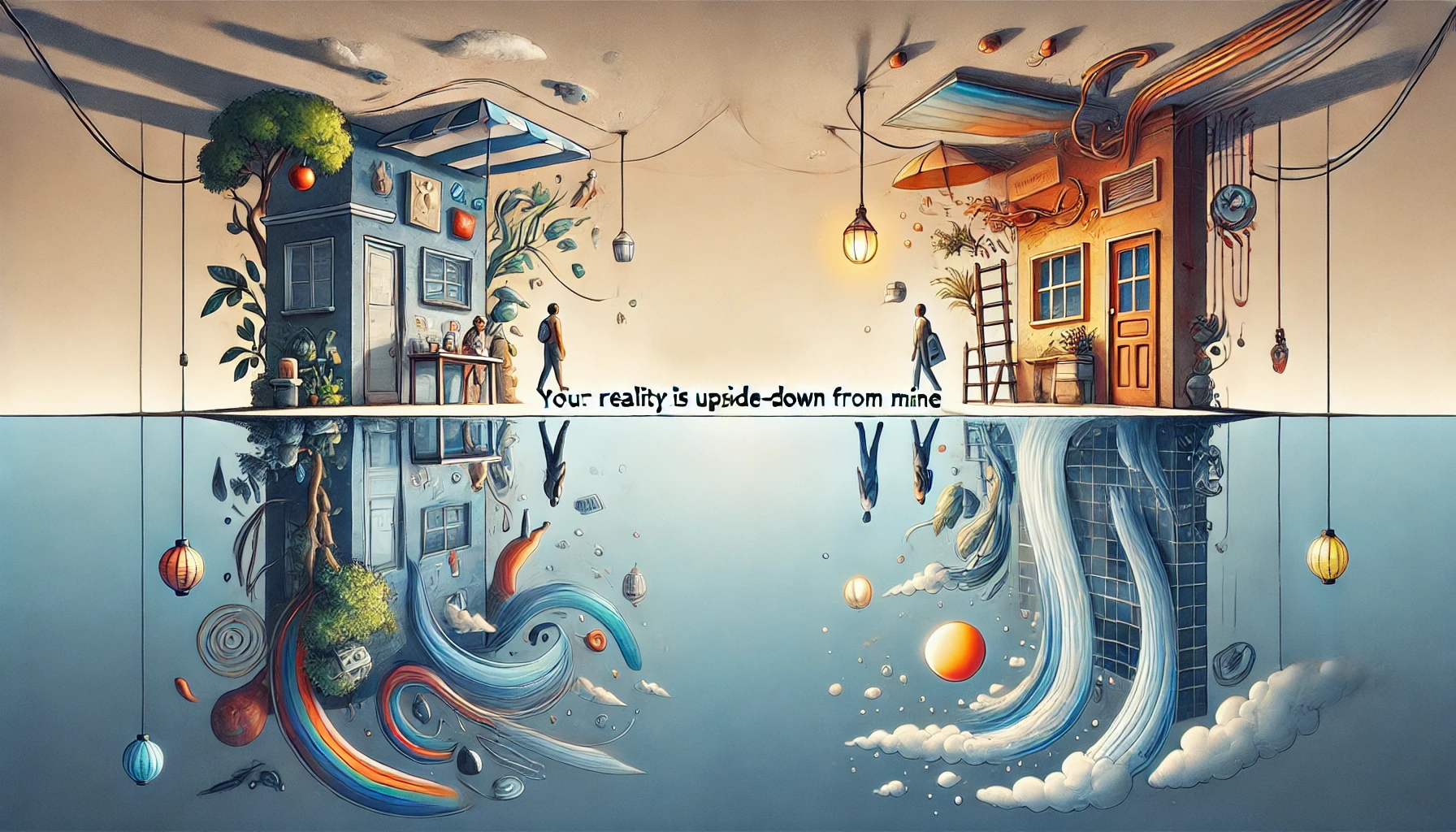



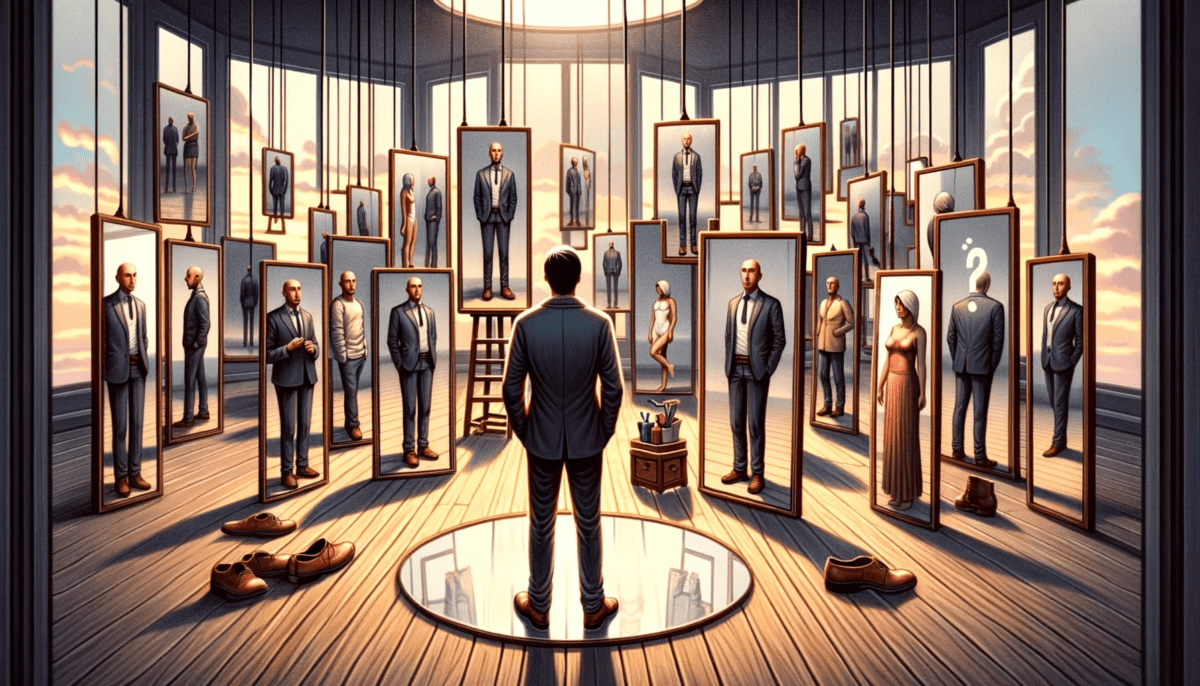
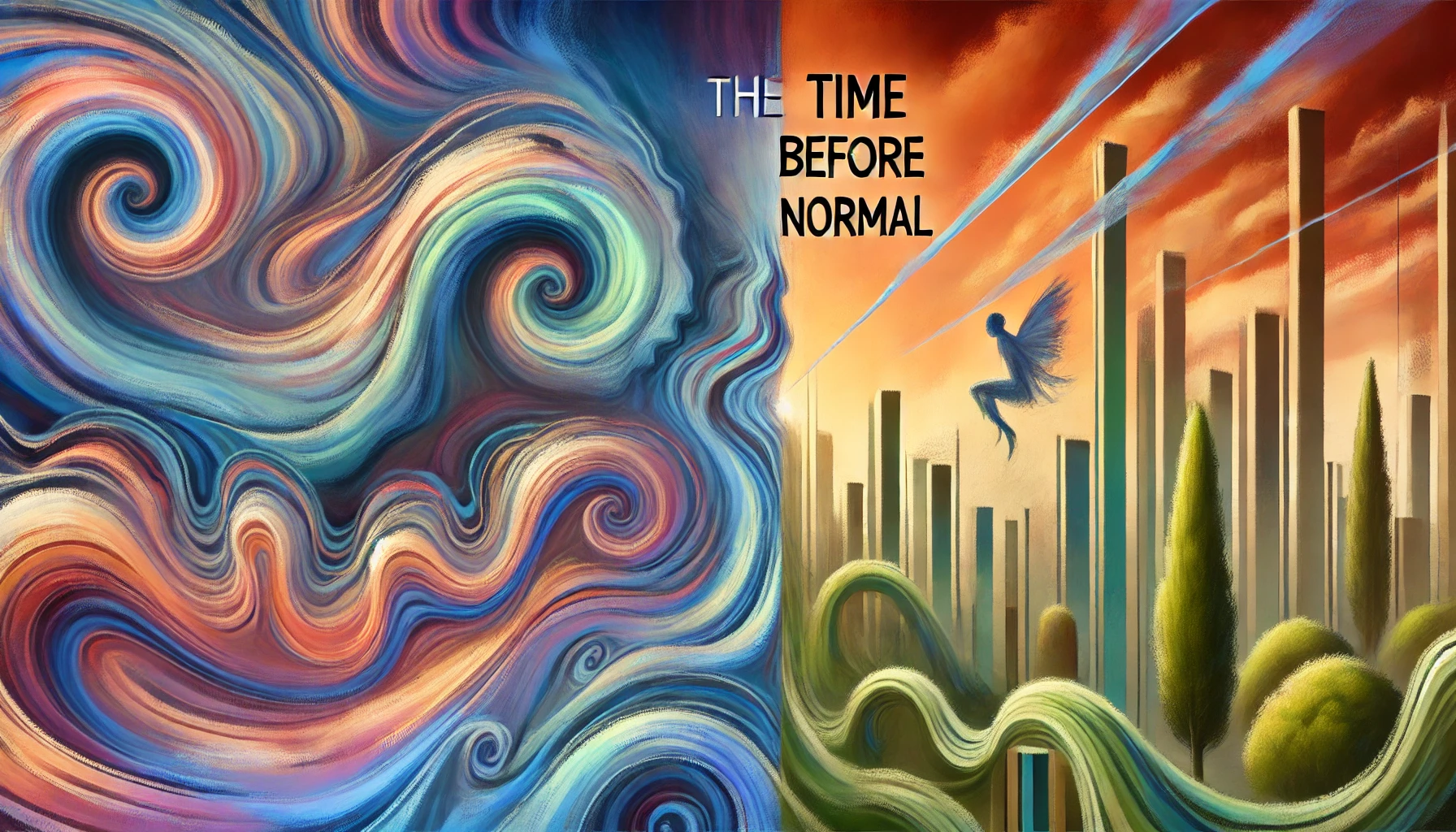
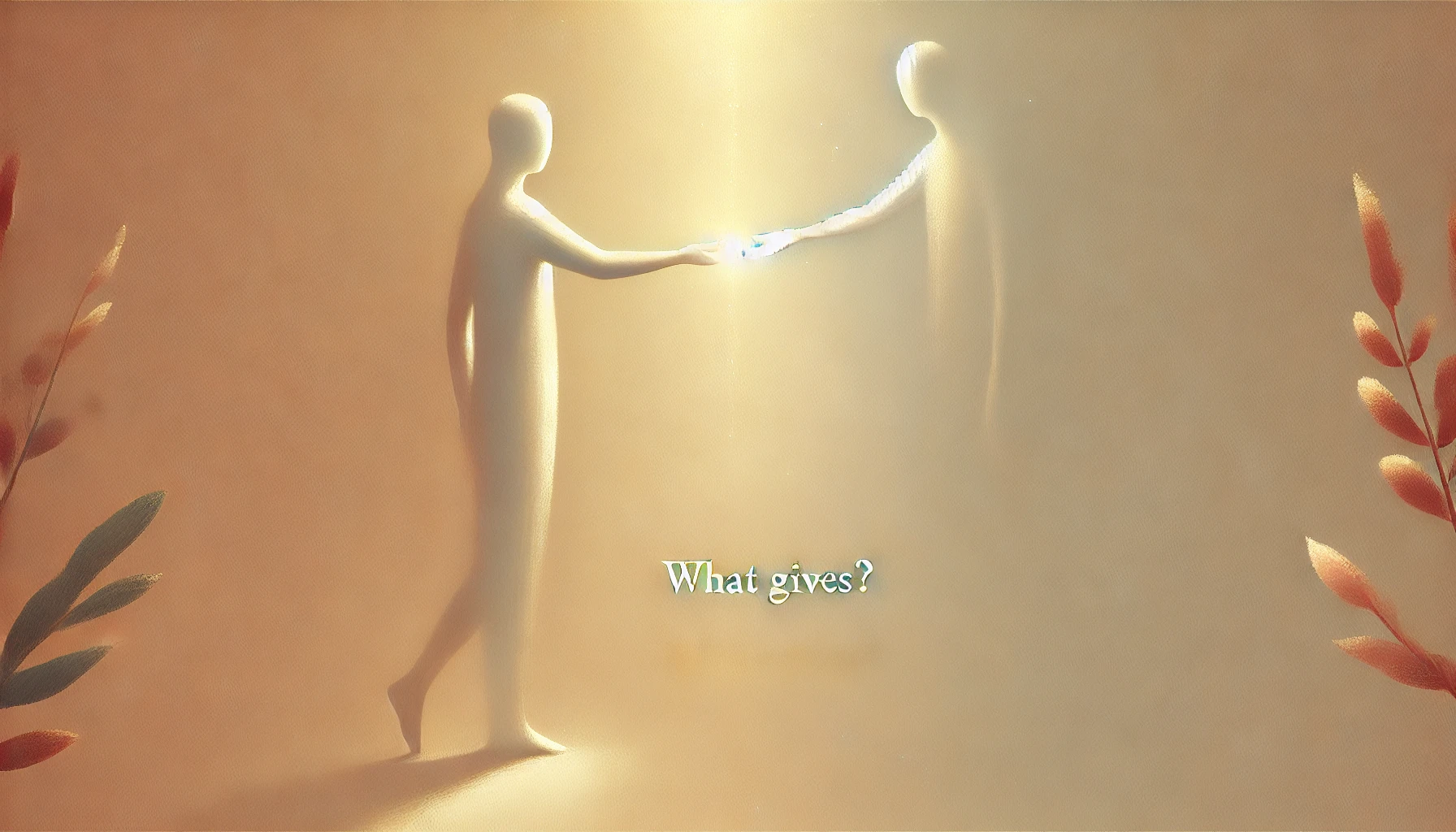


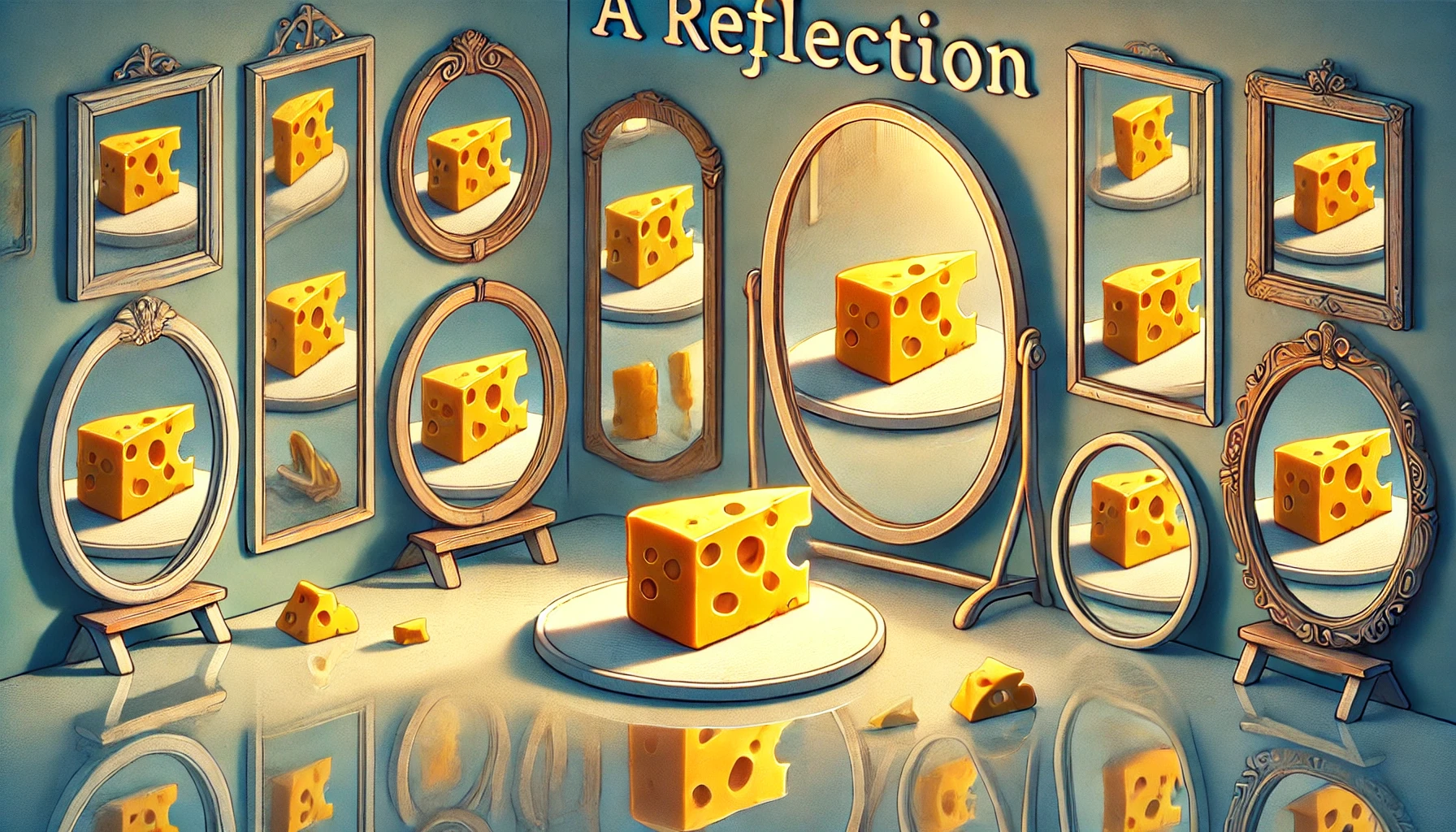
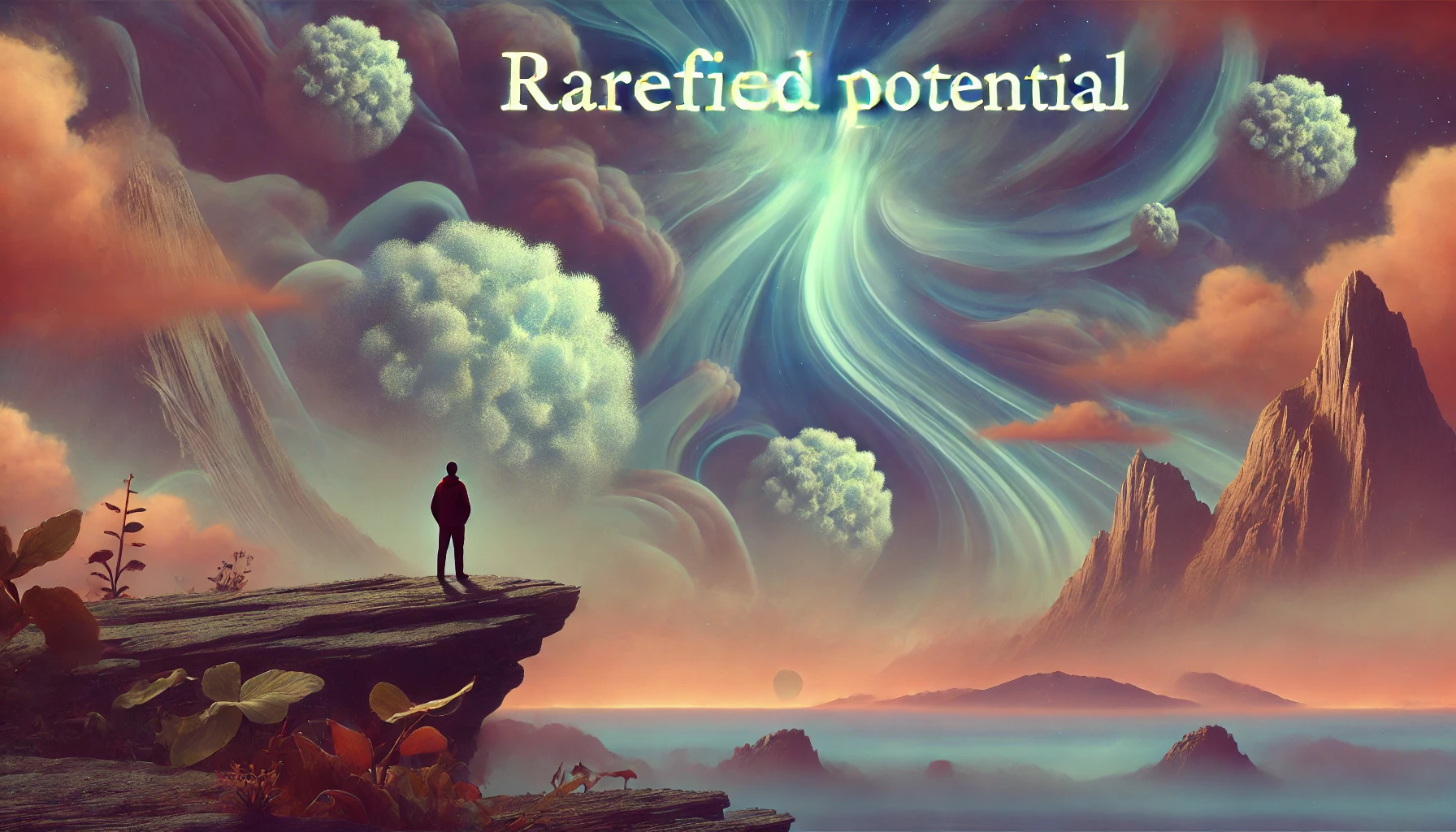

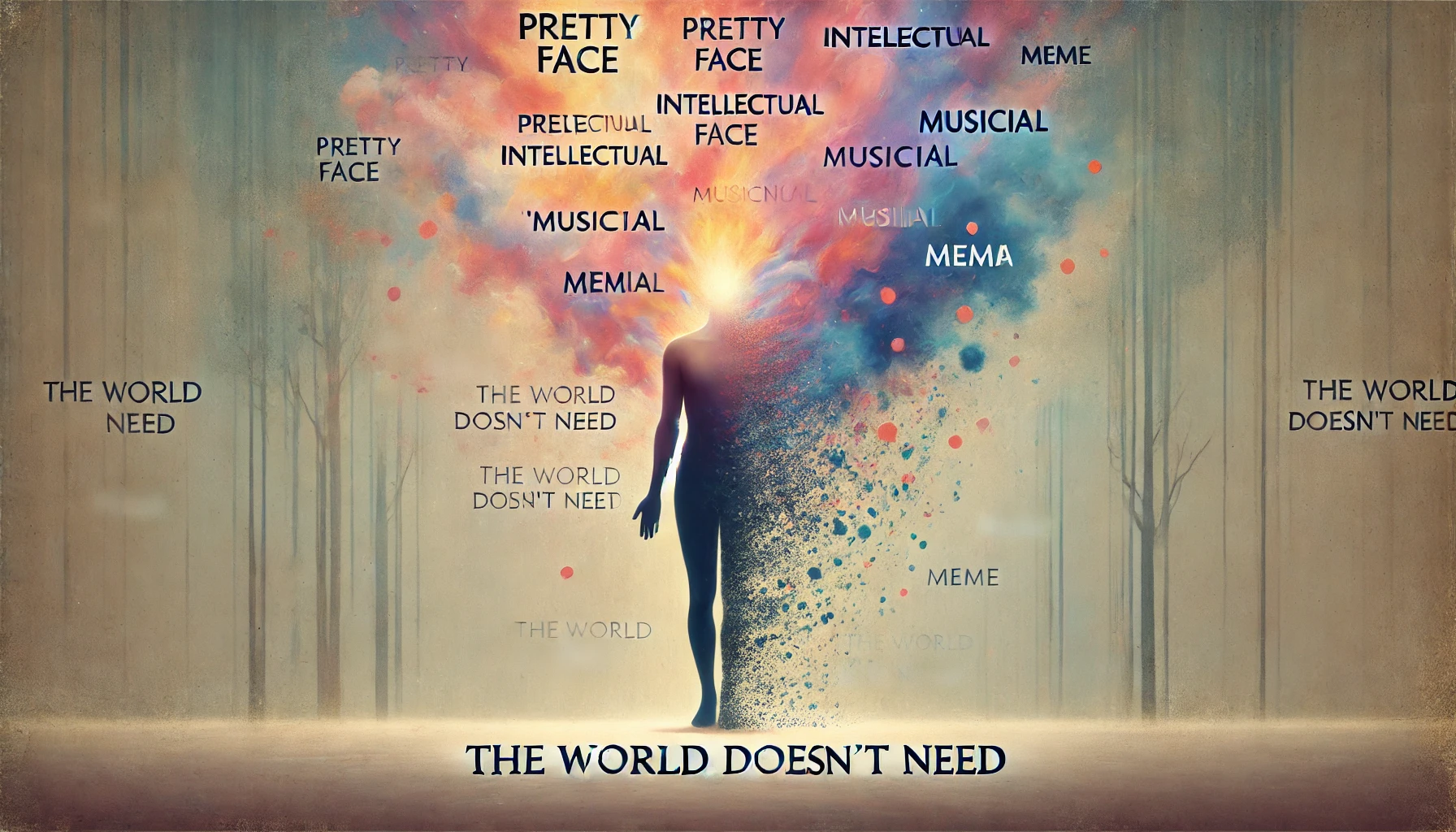

Ah, the undulating dance of highs and lows—a celestial waltz choreographed to the tantalizing tunes of societal expectations and cultural yardsticks. You’re like a weathervane, spinning and pointing in the wind currents of “shoulds,” “musts,” and “ought to bes.” These winds don’t originate in your sky, yet they move you, and how! They label your altitude, certify your flight patterns, dictate whether you’re soaring like an eagle or slouching like a grounded sparrow.
Low and high, these are not natural states but assigned seats in the grand amphitheater of collective belief. You find yourself plonked in one or the other based on how well you tick the checkboxes of a scorecard you never designed. This scorecard’s full name might well be “The Marvelous Ledger of Societal Assumptions and Historic Impositions” or TMLoSAHI, for those who relish acronyms. And let’s not forget ordinary—a third seat neither up in the balcony nor down in the pit but somewhere in the middle, the most vanilla of all existential flavors. Ordinary is when you’ve achieved a balanced average of highs and lows, the Fulcrumal Point of Mundanity.
How Spizzariffically bizarre that in the midst of this cosmic play, you find yourself donning costumes that don’t fit, mouthing lines you didn’t write, and feeling what you’ve been told to feel! The scripts, the costumes, the stage—they are communal inheritances, a Flubberwumpian cacophony that informs your emotional landscape. But what if you could rewrite the script, redesign the clothes, repaint the stage to reflect the grandiosity or the simplicity of your own personal universe?
Indeed, what if “low” wasn’t low at all but a cozy, intimate gathering with yourself? A snug alcove of introspection, a huddled conference of soul-searching, a conclave of you, by you, for you. The term “low” loses its sting, its melancholy hue, when you perceive it as an invitation, not a condemnation. A calling to dig deep, to go spelunking into the caverns of your inner world, to mine the gems of self-awareness. A low turned into a Glimmergloomy Quest, if you will.
And what if you chose your own cliffs, ones that thrill you and match your wingspan? What if you leap, not because the world tells you to but because you wish to soar, to experience the exhilarating rush of free-fall before the glorious ascent? That would be a jump, not of conformity but of uniqueness, not of despair but of dare—a Snazzlepuffian leap of faith!
The world might still jump off its cliffs, cartwheeling in its self-imposed lows and manufactured highs, forever pendulating between the Judgyville of disappointment and the Shinytopia of fleeting success. But you—you would be beyond all that, wouldn’t you? An autonomous celestial body, dancing to the rhythms of your own heavenly drum, a radiant luminary in the Boundless Sky of Authenticity. And there—oh, just there!—you’d discover that neither low nor high have any hold over you. In the end, you are—and have always been—immeasurable.